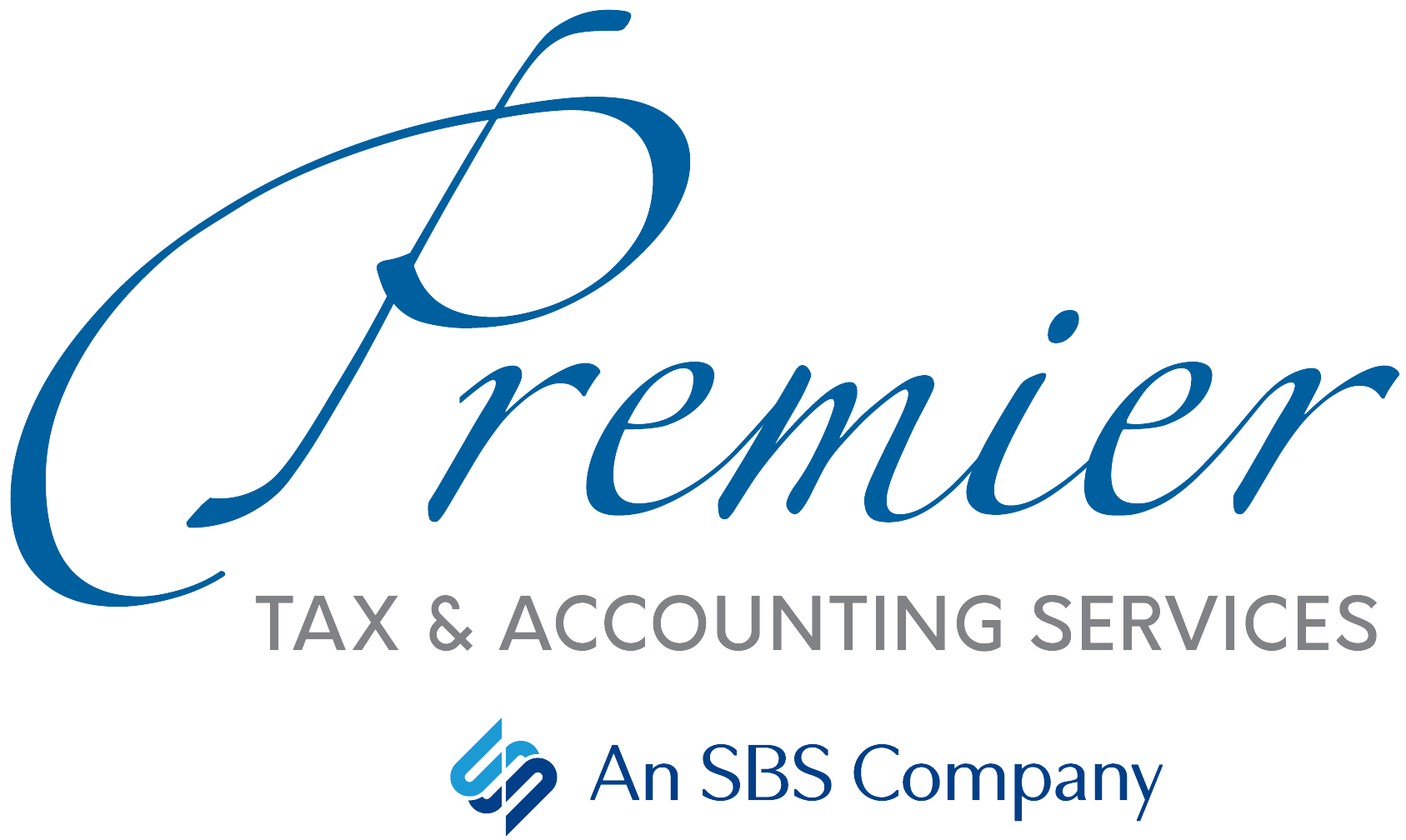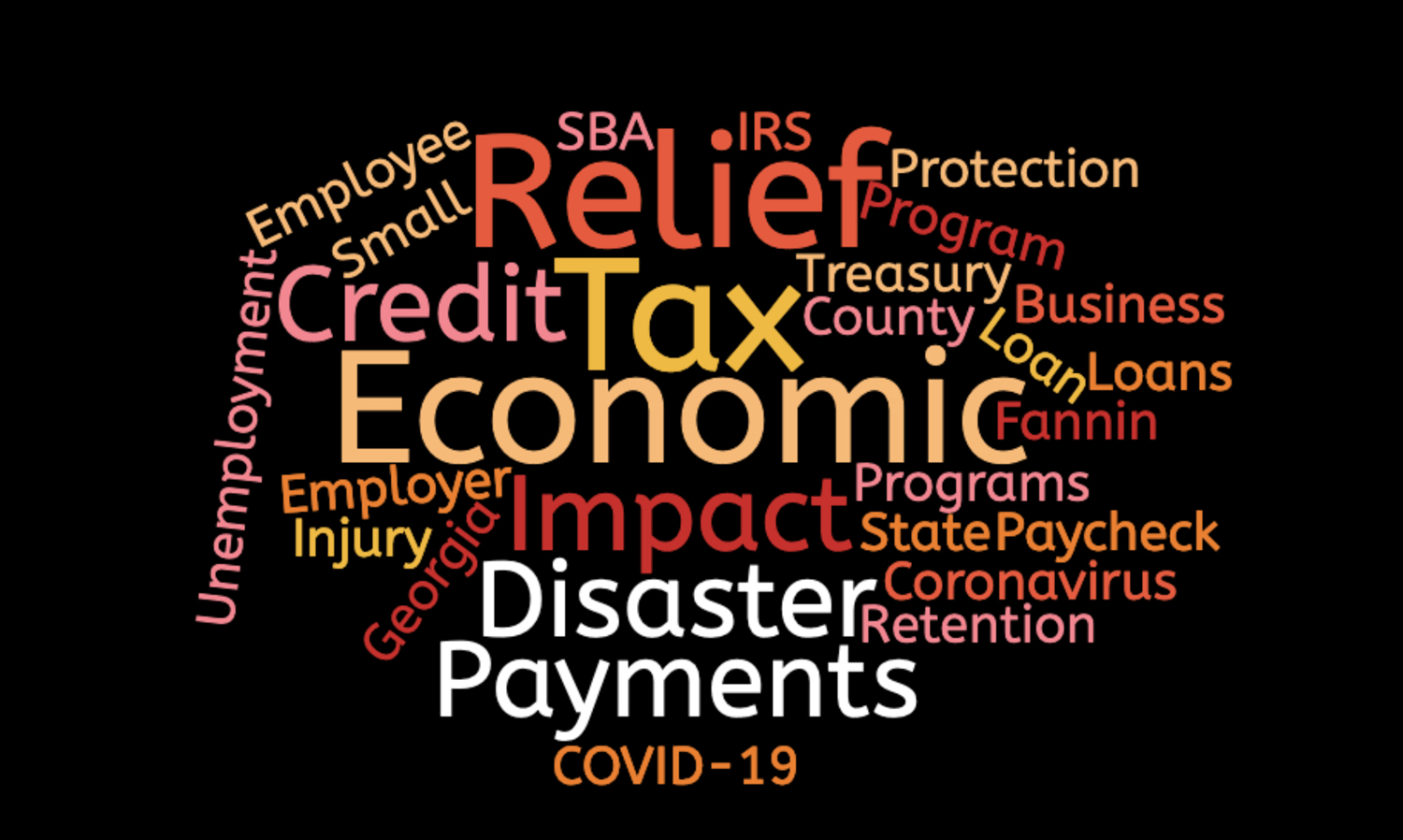Notice #1: Additional Returns Postponed
As previously announced, the IRS has provided filing and payment relief for federal income tax returns and payments due April 15, 2020. Last week, additional automatic (no application required) tax-filing and payment-deadline relief — also now July 15, 2020 — was announced in a new notice issued by the IRS. Notice 2020-23 applies to individuals, partnerships, trusts, estates, corporations and other noncorporate tax-filing entities filing Forms 1120, 1065, 1066, 1041, 706 and 709, among others.
Notice #2: Estimated Tax Payments Postponed
The IRS has also postponed the June 15 deadline for second quarter Estimated Tax Payments to July 15. Now, both first quarter AND second quarter estimated taxes are due on July 15, 2020.
Notice #3: New Employee Retention Credit Announced
The IRS announced a new Employee Retention Credit for businesses. This new relief option is a refundable tax credit against certain employment taxes equal to 50% of the qualified wages a business pays to employees between March 12, 2020, and January 1, 2021. Eligible employers get immediate access to the credit by reducing employment tax deposits they are otherwise required to make. Also, if the employer’s employment tax deposits are not sufficient to cover the credit, the employer may get an advance payment from the IRS.
For each employee, wages (including certain health plan costs) up to $10,000 can be counted to determine the amount of the 50% credit. Because this credit can apply to wages already paid after March 12, 2020, many struggling employers can get access to this credit by reducing upcoming deposits or requesting an advance credit on Form 7200, Advance of Employer Credits Due To COVID-19.
Employers, including tax-exempt organizations, are eligible for the credit if they operate a trade or business during calendar year 2020 and experience either:
- the full or partial suspension of the operation of their trade or business during any calendar quarter because of governmental orders limiting commerce, travel or group meetings due to COVID-19, or
- a significant decline in gross receipts (50% less than the prior year’s quarter).
The definition of qualified wages varies depending on if you have more than or less than 100 full-time employees. And the credit is also impacted if you take advantage of other relief provisions, such as the Paycheck Protection Program.
If you’re not sure if you qualify for this new Employee Retention Credit, please contact us. We can help you determine the best relief program for your business.



